Simple Tips for Acne Problems with these Home Remedies
Introduction
Acne: the bane of a teenager’s life. It might be the common blight for those in their teenage years but the disease has a far reaching effect as it can scar the skin and impact the sufferer’s self-esteem quite dramatically. It might not be dangerous but the effects may be devastating from an emotional, physical and social perspective.
Essentially, acne forms when the pores of your skin become blocked by an oily liquid called sebum and then becomes infected. Sebum, hair and skin cells form a plug within the pore and once the plug becomes infected, a swelling starts to form. Once the ‘plug’ breaks down, the tell- tale pimples start to form.
Acne is a noticeable disease and it affects your face, neck, shoulders, chest and back. Skin specialists confirm that 3⁄4 of those within the 11-30 years age group will get acne at some time. But note that acne can affect people of all ages and indeed, races, it’s certainly not restricted to those within their teenage years. Men and women can contract this disease but young males seem to suffer from acne for longer periods, Possibly because of testosterone levels.
This report contains a list of well-known and some lesser known remedies that are easy to make at home and which may offer a solution or assistance for those who are suffering with this skin complaint.
The Potential Causes of Acne
The exact cause of acne is not truly known but it is believed that the main cause would be a rise in androgen levels (a type of hormone).
These changes occur as adolescence approaches. These increased androgen levels work to make the oil glands grow which are underneath the skin and as a result, more oil is produced. Excessive amounts of sebum can actually break down the cell walls within your pores and bacteria can grow as a result.
Acne may be genetic so if family members have suffered with it, then there is an increased chance that you will too. Other triggers can be some medications, cosmetics or even hormonal changes during pregnancy.
How to Look After Your Skin
- If you are prone to getting acne or indeed have acne currently, there are some things that you can do to ensure that your skin is looked after.
- Hygiene is vital, so wash your face twice a day with a mild soap that has been designed for acne sufferers. Don’t scrub at your skin because you could damage it further.
- Never ever try to burst any pimples because all you will succeed in doing is to increase any swelling and redness and to push the infection further inward. If you are not careful, scarring can occur.
- Keep your hands clean but do try to avoid touching your face.
- Transferring dirt and bacteria is easy.
- Avoid wearing tight clothing especially if the acne is across your shoulders, chest or back as your skin needs to breathe.
- Limit your exposure to direct sunlight as it can have a two-fold effect.
- Sunlight can increase the amount of sebum produced and some medications may reduce your skin’s protection from the sun leading to burning.
- For those that shave, make sure you do this carefully as it can irritate. Keeping your bedding clean is very important, especially your pillows if your acne is restricted mainly to your face. Wash your pillow cases each and every day because oils from your skin will be on them and if not washed daily, you will simply be re-applying the oil and dirt.
What can make your acne worse?
Hormonal changes can certainly trigger off an increased bout of acne, usually in the week or two before any menstrual period. But anxiety and stress may also make the symptoms worse as they interrupt your hormonal levels, so it’s important to try to remain calm and to adopt a logical approach to the management of your acne.
The heat can also drastically increase the problem because you will naturally sweat more and it’s wise to avoid any oil based moisturizers or make-up because this could block your pores.
A Dietary Solution?
There is no direct evidence to suggest that acne grows worse due to specific food types but those foods that contain trans and saturated fats could certainly contribute to the problems associated with oily skin. This includes animal products such as dairy, poultry and meats. It is fine to have flaxseed, hempseed oil and fish because your body needs certain oils.
Chocolate has long been blamed for causing acne or certainly increasing acne levels but in fact, this is unproven. It does make sense in one respect however because chocolate is high in saturated fats.
Increasing your protein levels may help to decrease the production of an enzyme that causes an increase in the production of oil.
Avoid salty foods or any with a high level of iodine. Acne may actually become an indicator alerting you to the fact that there is something wrong with your nutrition, so if you feel that your diet is below par, take a good multi-vitamin to help your body become healthier on the inside and out. You could also try taking chromium too because it is known for helping to heal skin infections and will help you to prevent further breakouts of acne.
It’s important that you avoid dairy milk – because milk from cows contain a lot of animal fat, cholesterol and steroid hormones and this could trigger an increase of acne.
Vitamins for Acne:
- Vitamin A: well-known in the treatment of acne or other skin disorders
- Vitamin B: Deficiency of vitamin B6 is often an indicated by inflammation of the skin.
- Vitamins C and E: These vitamins protect the skin and contain vital antioxidants.
- Zinc: This vitamin is an important antioxidant, it enhances healing of wounds and improves your immune system.
Home Remedies for Acne:
Whilst there are many over the counter preparations that you may wish to try, it is often a good idea to use gentle, natural remedies because your skin is likely to be ultra sensitive if you suffer with acne. The other
advantage with home-made remedies are that you only make up the amounts that you need – so there are no chemicals or preservatives and importantly, you will often have lots of the ingredients in your kitchen cupboard already.
- Honey Mask: Because honey has antibacterial properties, it can really be useful for helping to clear and heal any acne blemishes. It is very gentle on sensitive skin. You can take some natural honey and apply it straight to your skin, let it dry for approximately 20 minutes and then wash off thoroughly. Your skin will feel much better instantly.
- Chamomile Tea: This is a very easy treatment as you simply brew the tea and then wipe over your face twice a day with a cotton ball.
- Lime Juice and Rosewater: Mix the lime juice and the rosewater in equal parts and apply to the affected skin. Leave it for thirty minutes and then rinse off.
- Cucumbers: Cucumbers hydrate your skin and help to calm any inflammation or irritation so you will see and feel the difference quite quickly. Cut into slices and apply them directly to your skin. Leave them for up to 25 minutes.
- Oatmeal: Make up a bowl of oatmeal and add a cup of honey, stir and then let it cool. Once cool to the touch, add the mixture to your face and leave on for about 20 minutes. Make sure that you rinse well however. Use this remedy once a week for visible signs of improvement.
- Mint Juice: Apply the juice from fresh mint leaves directly to your skin each night and then rinse.
- Orange Peel: Take the peel of one orange and grate it finely, mix it with water and then dab onto your acne. Leave and rinse when ready.
- Turmeric: Mix a teaspoon each of turmeric powder and sandalwood powder with water and add the paste to your skin. This is a traditional and commonly used remedy for acne in India.
- Neem: Purchase neem capsules from Indian grocery stores or buy it online. If you prefer a more practical approach, you can dab neem oil directly onto the acne prior to bedtime.
- Aloe Vera: Add fresh aloe Vera (from the leaf) directly to your acne for excellent results. Aloe Vera is gentle so you can apply several times throughout the week.
- Water: It’s important to always ensure that you drink plenty of water as it can help to flush out any toxins from your system and can have a positive effect on your skin, making it fresher and brighter naturally.
- Lemon: Squeeze the juice from one lemon and add a tablespoonful of rosewater and a tablespoon of glycerin. Use as a face-wash. Another lemon remedy is to use half a lemon and simply rub it all over your face –specifically everywhere that you have acne spots. It will sting but you should see a real improvement within a week.
- Witch Hazel: Boil a pot of water, pour into a bowl and add a little salt. Carefully allow the steam to hit your skin and then add witch hazel to cotton wool and wipe your face. The steam opens your pores but witch hazel helps to keep any bacteria under control and is good for treating problems of the skin including excess oil
- Lemon Cotton Mask: Squeeze approximately 1⁄4 of the lemon juice into a bowel and dilute with water if your skin is very sensitive. Cut a paper towel into strips and soak in the lemon juice. Carefully apply the strips to your face and leave for a while. Once ready, remove and rinse your face thoroughly.
- Aloe Vera and Apple Cider Vinegar: mix equal solutions together and rub onto your face. Leave to dry and then rinse off thoroughly.
- Egg and Banana: Mash a banana and then beat one egg. Mix both together until a paste is formed. Apply the paste to your skin and leave on for at least 15 minutes. Rinse thoroughly. Your skin should start to feel wonderful.
- Sugar and Lemon Juice: This exfoliates your skin beautifully. Choose organic sugar and fresh lemon juice, mix together and apply.
- Egg Treatment: Take the whites from two eggs, mix and apply directly to your face and allow them to dry. Then wash the whites off your face and apply the two mixed egg yolks to your face and leave to dry. Rinse off. This is a great acne treatment and if used regularly, it really works.
- Sea Salt: After washing your face, towel dry and make a paste of two parts sea salt with one part warm water. Place the paste on the blemishes and allow it to dry. This is an excellent remedy that really works.
- Lemon Juice and Olive Oil: Mix equal parts of lemon juice and olive oil and apply it to freshly cleansed skin. Leave it for about 15 minutes and then rinse off. This treatment can help scars to fade and even help to prevent new acne.
- Neem Leaves and Turmeric: Grind the neem leaves and turmeric to create a paste. If the mixture is a little too thick, add small quantities of water and then apply this to your face as a mask. It can stay on for 30 minutes and then wash off thoroughly with water.
- Sesame Seeds: Grind sesame seeds and add a little water until it becomes a paste. Apply this mixture onto any areas of inflammation and it will reduce any swelling and inflamed acne.
- Baking Soda: You can use baking soda as a facial cleanser. Simply mix some baking soda with a little water and rub into the affected areas in a circular motion. Do this for a couple of minutes and then wash thoroughly.
- Roasted Pomegranate: Roast the skin of a pomegranate by placing it in the oven on a low heat. Once roasted, grind into a powder. Mix with a little water, enough to make a paste. It can be applied directly to blackheads, whiteheads or acne.
- Tomato Mask: Take a couple of tomatoes and pop them into a blender. Add the blended tomatoes directly to your skin and leave for a few hours. Then rinse off thoroughly.
- Tea Tree oil: Tea tree oil can be used as a treatment for acne because it is anti-bacterial. Remember though that tea tree oil is strong so it should always be diluted before applying it to your skin. Mix with water if your skin is excessively oily or with Aloe Vera gel if your skin is very sensitive. Wash your face first and then apply the solution over your skin. Do not rinse off, leave to dry. You need to be a little intuitive with this remedy, add extra essential oil if you start to see an improvement or if your skin is a little more sensitive, mix with a greater solution of Aloe Vera.
- Apple Cider Vinegar: First of all, make sure that you are not allergic by testing it. Apple cider vinegar can be taken orally – one tablespoonful a day either naturally or mixed with lemon juice. It can also be applied to your skin but must be diluted – one part vinegar to 8 parts water. Use as a toner.
- Strawberries/ Strawberry Leaves: make a great poultice and is highly recommended for acne sufferers.
- Acne Face Mask: This face mask is perfect for the deep cleansing of your pores. All you need is one tablespoonful of honey, one tablespoonful of olive oil and an egg yolk. Mix these ingredients until they become a creamy mixture and then apply to your face. Wait twenty minutes and then wash off. Your skin will look and feel better afterwards. Lime Juice and Boiled Milk- Boil half a cup of milk and then add the milk to the juice from one lime. Use as a face-wash and gently massage into any acne. Rinse your face afterwards.
- Papaya Treatment: Juice a papaya and apply directly to your acne to help ease redness and any swelling.
- Groundnut Oil and Lime Juice: Apply to the affected areas. This is excellent for the prevention of acne and blackheads. Take equal parts of groundnut oil and lime juice. Leave and then rinse off thoroughly. Use regularly for maximum effect.
- Lemon and Cinnamon: Create a mixture of equal parts lemon juice and cinnamon and apply directly to your skin. Leave for a short while and then rinse off. Note that this remedy is not suitable if your skin is very sensitive.
- Potato Remedy: Take a medium to large potato and grate. Lie down and apply the grated potato directly to the skin that is affected. Potatoes are great for absorbing so try and leave the potato on for as long as possible and just use the time to relax. When finished, rinse off.
Summary - Stress and anxieties play a big part in your fight against acne. They certainly may not be the sole cause of your skin problems but they can aggravate the healing process and accelerate the condition. The reason for this is because when you get stressed, hormones are released due to your rising stress levels and these hormonal changes are likely to increase the natural oil within your skin.
In which case, it’s worth trying to combat the causes of any stress, fight the triggers and to learn how to manage by adopting gentle relaxation techniques and incorporating them into your daily life. Breathing techniques, meditation or yoga can help you to become more ‘mindful’ and to focus on the present which affords you much greater control in terms of any anxieties.
Any cures for acne are relative to the individual’s needs and therefore, any of the remedies within this report should be tried one at a time for a sustained duration before moving onto another. This will allow you to give the remedy a chance for success and to be sure what has worked for you. Remember that natural remedies are not an overnight cure-all.
You need to monitor your progress and once you have found the remedies that help, you can start to use them regularly. It may take time to find the remedy that works but once you have, your acne problems are likely to be a thing of the past.
Disclaimer: None of the remedies or information within this report is intended to replace medical advice. We strongly suggest that you seek medical assistance if you have any concerns.

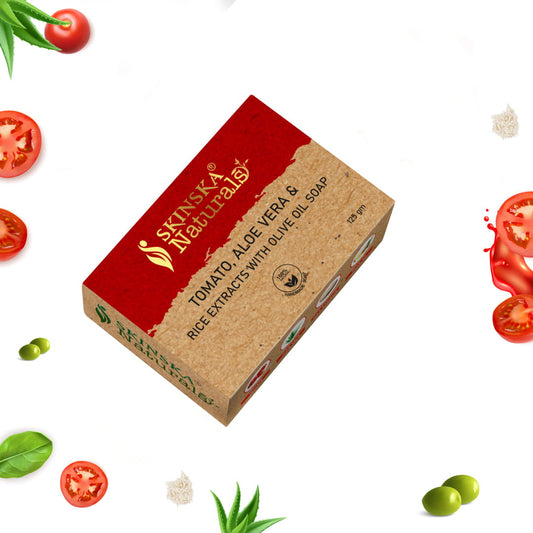
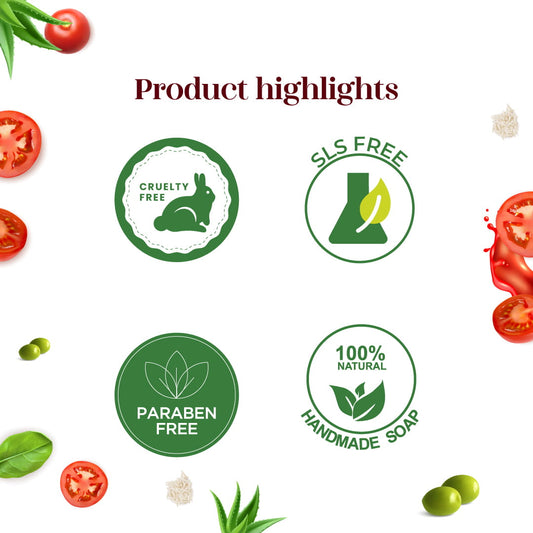
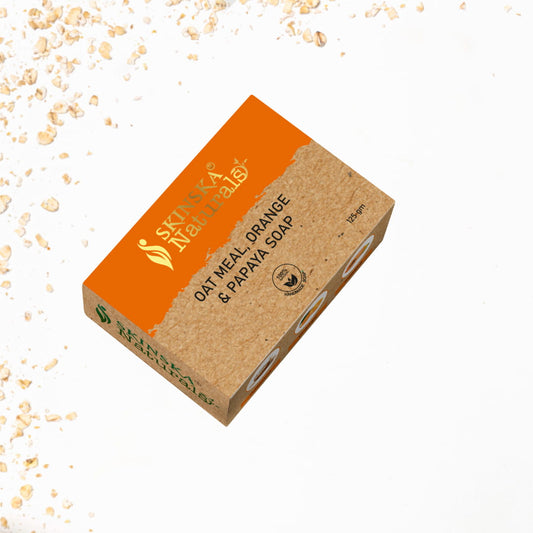
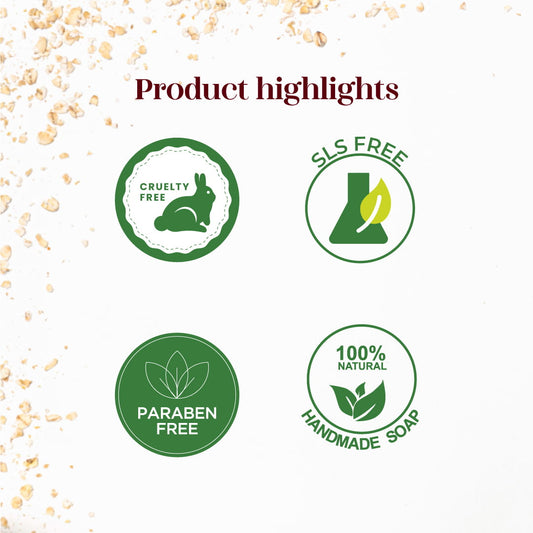
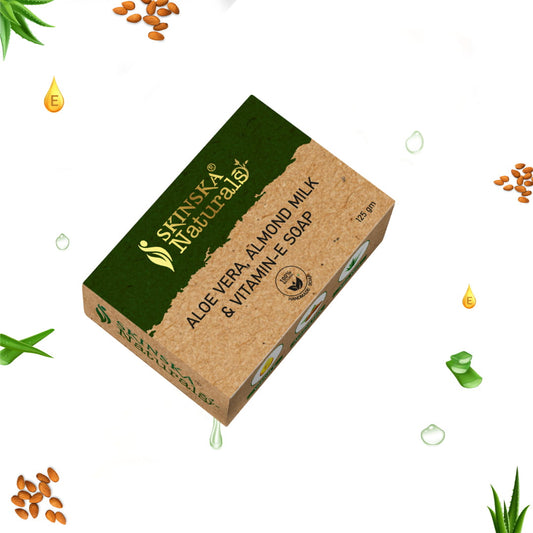
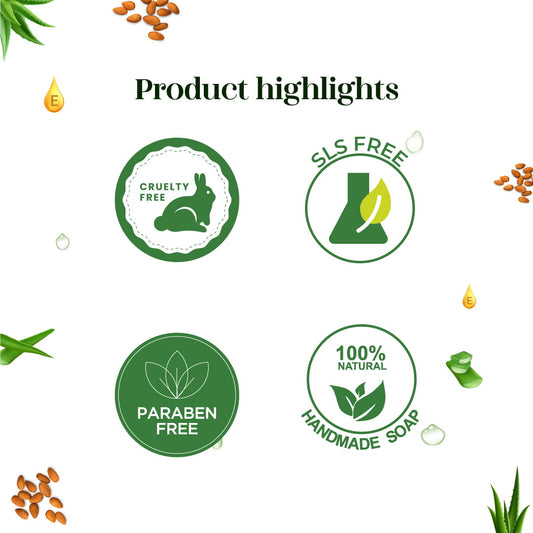



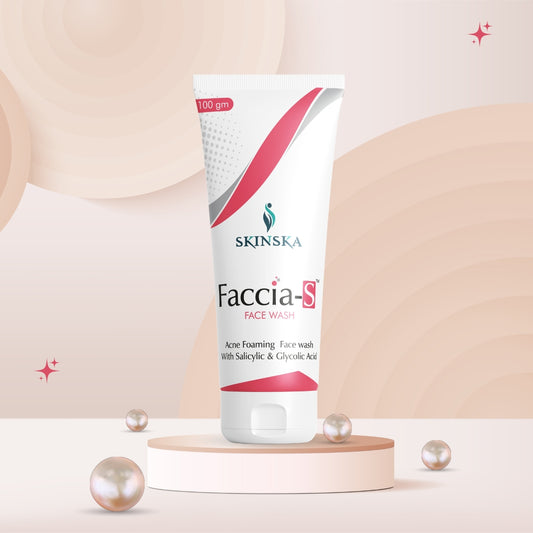
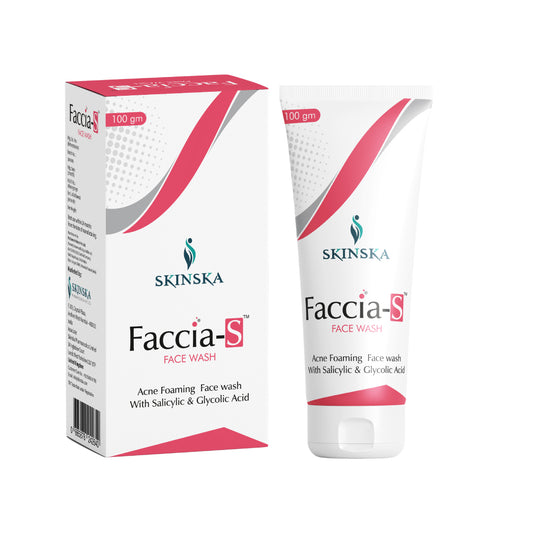
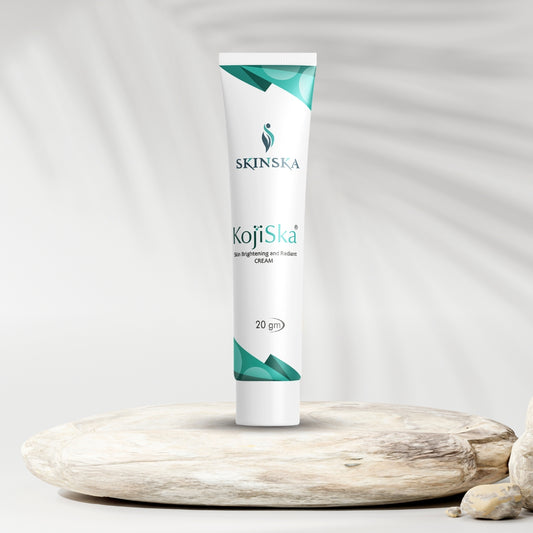
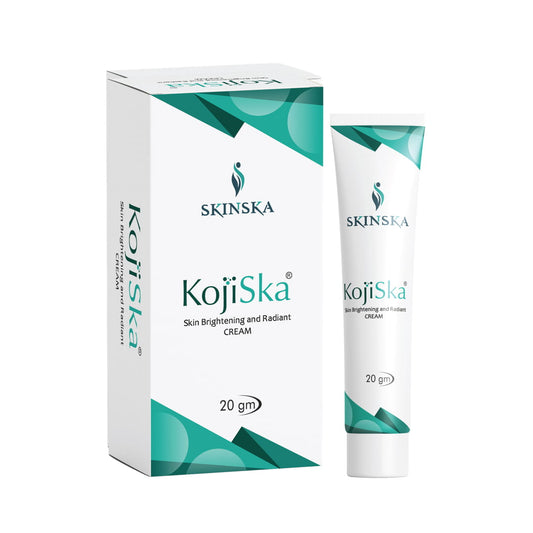
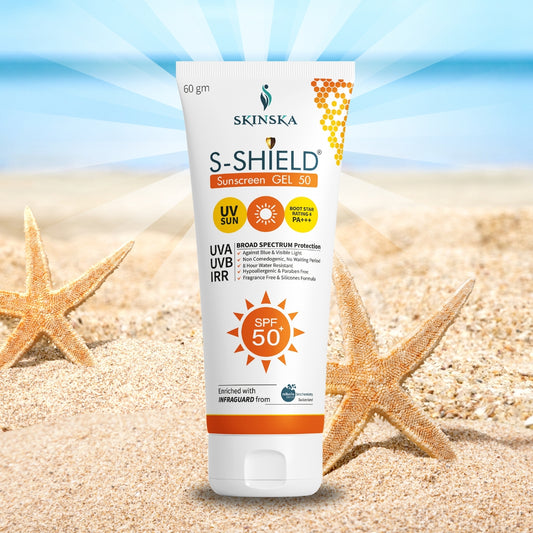
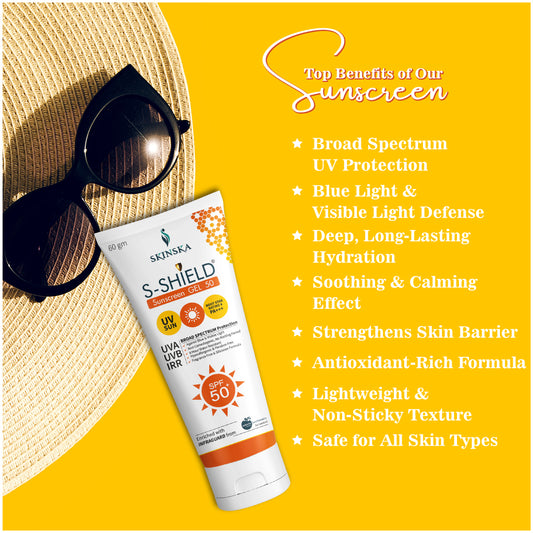
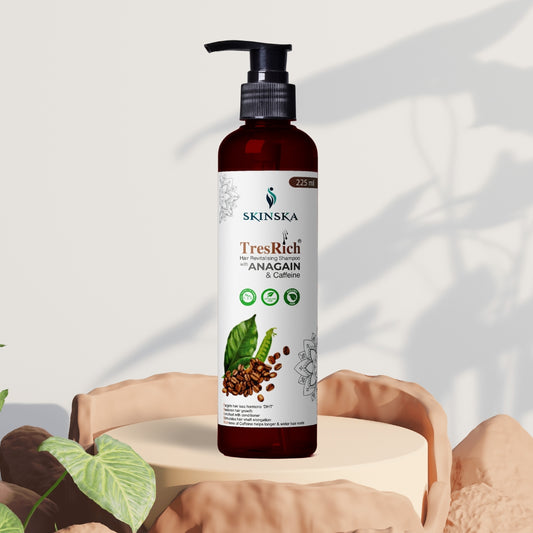
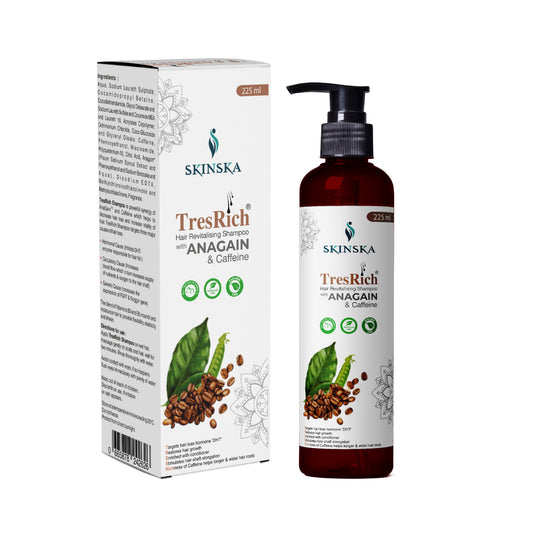
Leave a comment
All blog comments are checked prior to publishing